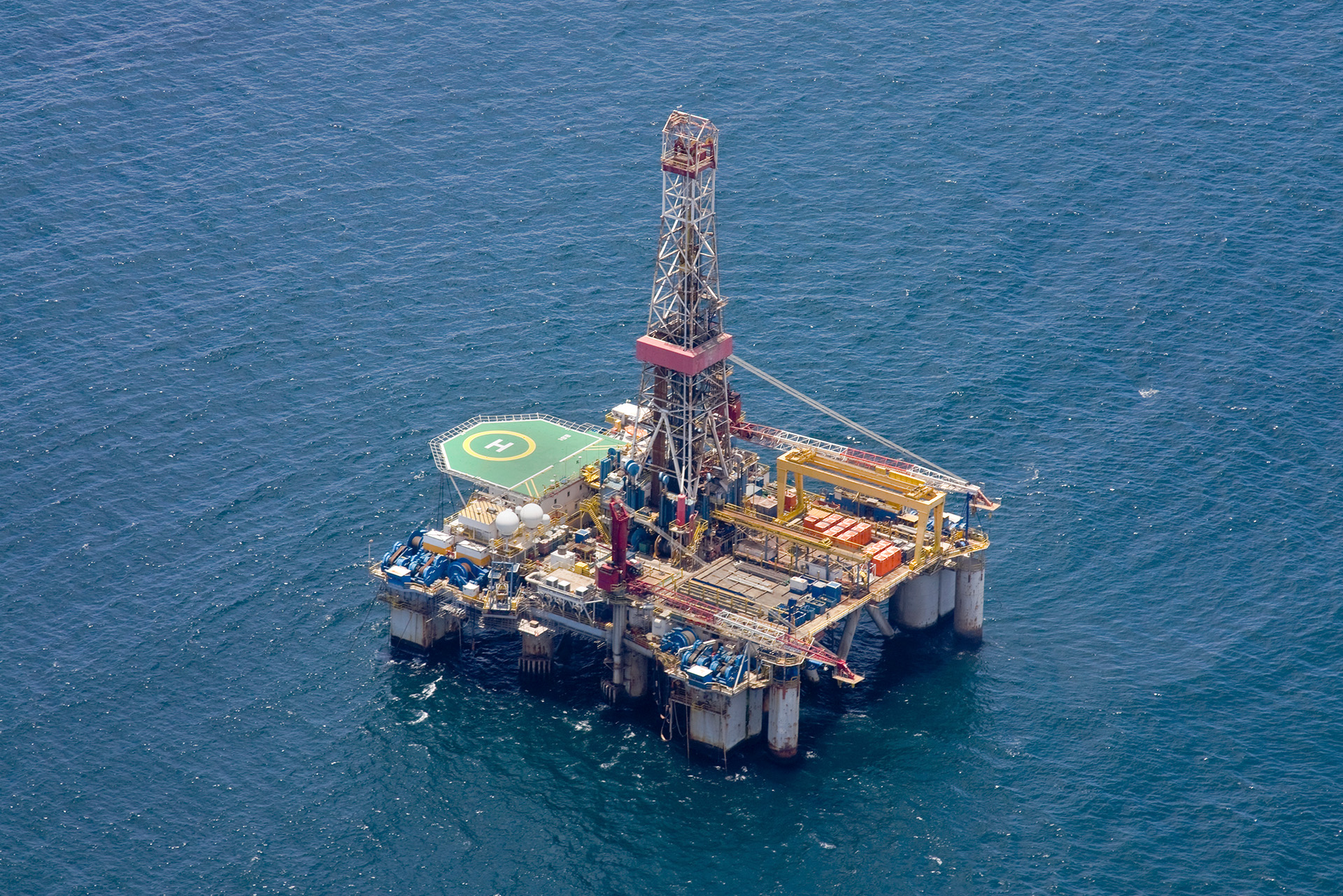Romania is at a decisive moment in terms of strengthening energy security for the coming decades. It has the chance to become the largest gas producer in the EU or, on the contrary, it risks importing at least 30-40% of its domestic gas needs in a few years' time. Everything depends on the decisions that the authorities will take in the coming months to provide the legal framework to allow the exploitation of gas fields in the Black Sea. These decisions will definitively influence what will happen with the huge offshore hydrocarbon deposits: either they become an illusion and one of the biggest failures in Romania's post-Decembrist history, or they become a huge engine for the country's economy.
The potential of the Black Sea is so great that, if exploited, offshore resources could propel Romania to become the EU's biggest gas producer, said Franck Neel recently, member of the OMV Petrom Board responsible for the Downstream Gas activity and President of the Oil and Gas Employers Federation (FPPG).
If not, we will become a growing market for external suppliers, as current production is in decline after decades of exploitation. Moreover, Romania's energy policy focuses on natural gas in the energy transition process, as a substitute for coal for electricity production and as a partner for renewable energies, playing a major role in the stability of the energy system.
Present at the Romanian International Gas Conference (RIGC) 2020, which took place on November 23-26, Niculae Havrileț, Secretary of State at the Ministry of Economy, Energy and Business Environment (MEEMA), emphasized that for Romania, natural gas is essential in the transition process and has a significant contribution to national security.
And yet, Romania has been far too slow to exploit the natural gas resources that exist in the Black Sea. "We see that the political will and the facts or the measures actually taken are not at all in synergy"said Julian Bowden, Senior Visiting Research Fellow at the Oxford Institute for Energy Studies, also at RIGC 2020.
MEP Marian-Jean Marinescu said that the resources in the Black Sea must be used to the maximum and that what has happened lately with the blocking of the use of natural gas reserves is a serious problem. "unacceptable for the future of Romania".
Turkey and Bulgaria bet on offshore gas discoveries
Beyond the economic and energy transition aspects, the energy security aspects are very important, he said. Adrian Badea, Vice President of FPPG at the webinar "Oil in the New Economy". For this goal of energy security, Turkey and Bulgaria rely heavily on hydrocarbon resources discovered in their economic zones in the Black Sea. Although Romania has a much longer tradition in offshore exploitation and very good offshore specialists than these two countries, Turkey and Bulgaria have two very important assets compared to us: legislative and fiscal stability and a more competitive tax regime. In addition, there is a major political will in Turkey to exploit the huge deposits it has announced it has discovered in the Black Sea.
The government in Ankara announced this summer the discovery of "the largest natural gas deposits in its history", a field in the Black Sea that is believed to contain 320 billion cubic meters of natural gas. The site of the gas discovery is the Tuna-1 field, about 150 kilometers off the Turkish coast, at the intersection of the maritime borders of Bulgaria and Romania with the territorial waters of Turkey and near the Neptun Deep block in Romania.
Later in October, Turkish President Recep Erdogan announced that he has identified additional reserves of 85 billion cubic meters. Moreover, according to public statements, Turkey plans to start using these resources as early as 2023. However, some foreign analysts have warned that Turkey has no experience in producing hydrocarbons at great depths and will most likely have to team up with a major oil company to exploit the field. In addition, "even if the discovery is confirmed and developed, it could take four to six years to reach the production phase," said John Bowlus, editor-in-chief of Energy Reporters.
The challenges of deep offshore
Vasile Iuga, one of the most reputed specialists in the energy field, showed in analysis "Challenges of deep offshore. The situation in the Black Sea"how complicated projects to exploit deep offshore reserves discovered in recent years are. What characterizes such extremely complicated projects are long investment duration, very high investment values and significant risks (environmental, financial, etc.). For example, if we look at investment alone, while an exploration well in the mature onshore zone costs between 5-10 million dollars, it can cost up to 100-180 million dollars in the deep offshore zone. This is against a backdrop of a low success rate - on average up to four out of five exploration wells drilled either dry up or discover hydrocarbon resources without economic viability.
"In deep offshore areas, very expensive machinery, platforms, equipment or vessels are used. An autonomous ship that can drill 50,000 feet from sea level to the reservoir could cost around $800 million and rents for 700,000 dollars a day", said Vasile Iuga.
That is why, given the extreme complexity of these projects, they are the prerogative of the oil giants in the field, which have both the financial capacity to support such projects and the technology. Just looking at the Neptun Deep perimeter, where OMV Petrom has teamed up with US giant ExxonMobil, investments in the prospecting and exploration phase have exceeded 1.5 billion dollars, according to data released by the companies. One of the world's largest exploration vessels has been mobilized for the exploration wells - Ocean Endeavor, which has had an unprecedented runThe giant had to be disassembled in Palermo in 73 days and reassembled in Constanta in 78 days to get it through the Bosphorus.
The Black Sea has particularities that make ordinary investments even more attractive. The very high acidity of the water, the very great depth at which the drilling takes place - we are talking about a water depth of more than 1,000 meters, after which the drilling continues underground - significantly increases costs. In Bulgaria, global leaders like Shell and Total are involved in offshore explorations, the latter in partnership with OMV Petrom. Last summer, for example, the Khan Kubrat-1 exploration well drilled by Anglo-Dutch giant Shell in 1,200 meters of water has not identified commercial depositsso the work was abandoned. Work on the Turkey's Tuna-1 perimeter were completed after reaching a depth of 4,775 meters.
Resources are worth nothing if they are not extracted
The start of natural gas exploitation in the Black Sea should be the next chapter in the history of Romania, the largest producer in the area/region for the last 100 years. After years of delays, it's the last moment for decisions in favor of this major investment. While decision-makers in Bucharest are still mulling, news from Brussels is increasingly unfavorable for the natural gas industry. New EU policies could significantly limit the use of natural gas, making investments of this scale almost impossible.
And Romania will be a country rich in resources, which will never be exploited, but will remain just a big illusion hidden in the ground.





